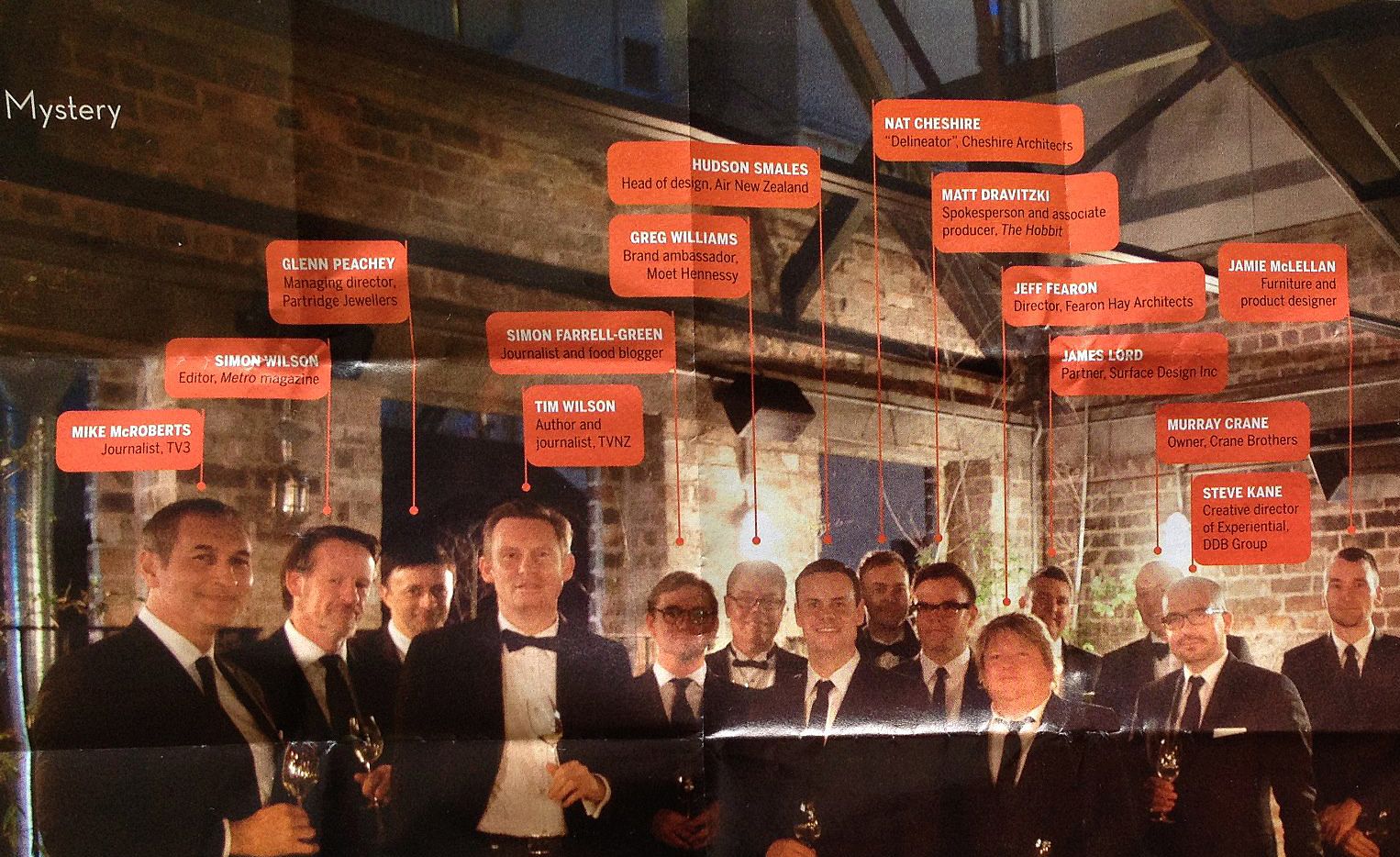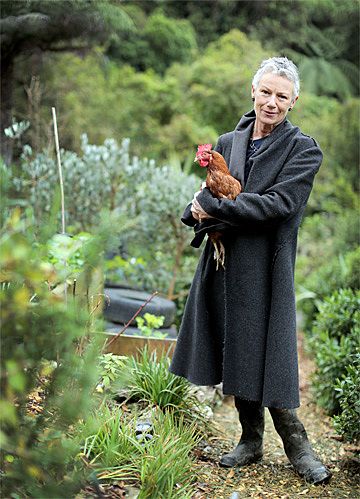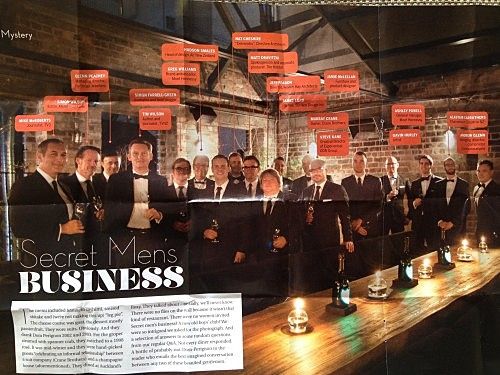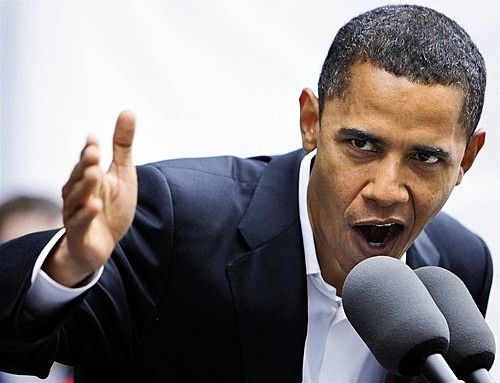Internet Histories | 17 September
The Secret Men's Business Club, The Herald relaunch, Armstrong and the ‘blog-a-tariat’ and Benghazi - 'But We Liberated Them!'
This fortnight:
The Secret Men's Business Club | The Herald Relaunch |
Armstrong and the ‘blog-a-tariat’ | Benghazi - 'But We Liberated Them!'
Rosabel
There are times when writing isn't simply beautiful and intelligent and pithy and wry, but embodies in its rhythm the essence of a moment, a mood, an entire way of being, and this is the case with Sarah McCarry's What I Did the Summer After I Graduated:
But ambition is like a poison and a gift tangled together and it makes you leave and leave and leave again, leave places, leave people, leave your whole life. Ambition and something else that I don't know how to name but it's what I share my house with, the house of my body, ambition and something that is ruthless and cruel and says only, ever, Is that a good story, and if the answer is no it says Move on. The best we can hope for is to be good enough to justify how brutal we are.
Its fierce and frenetic energy suits it so perfectly. It's like living your twenties all in one breath.
[caption id="attachment_4492" align="aligncenter" width="360"] Photo - David White[/caption]
Also excellent and now online is Diana Wichtel's interview with Kim Hill. It's the kind of profile that showcases a personality not only through basic reportage but through the act of writing itself:
Even off-air, she’s a performer. Her conversation swoops from shout to stage whisper. From torrent to Pointed. Single. Word. Sentences. An email from her lands in the inbox like a piece of found poetry: “Please. I have just dropped my cellphone down the toilet. By accident.” She once wanted to act. She has bags of comic timing.
It's refreshing to read an interview underscored with a lack of ego: without that dreadful writerly need to insert yourself into a piece, to demonstrate your knowledge, your presence, your damn personability. It's that fine-tuned distinction between Strasberg and Meisner: it's much easier to write from your own position in the world than to occupy another and write from there, but Wichtel does it, and in a way that feels fun.
Less impressive was the perplexing display of editorial spite in yesterday's Sunday, the magazine supplement to the Sunday Star Times. Advertised on the cover as 'SECRET MEN'S BUSINESS: Inside a new old boys' club' and tagged as a 'Mystery' (see top left), it reads:
The menu included hamachi sashimi, soused shitake and (we're not making this up) "leg pie". The cheese course was goat, the dessert mostly passionfruit. They wore suits. Obviously. And they drank Dom Perignon 2002 and 2003. For the groper steamed with spanner crab, they switched to a 1998 rosé. It was mid-winter and they were hand-picked guests "celebrating an informal relationship" between a suit company (Crane Brothers) and a champagne house (aforementioned). They dined at Auckland's Roxy. They talked about - actually, we'll never know. There were no flies on the wall because it wasn't that kind of restaurant. There were no women invited. Secret men's business? A new old boys' club? We were so intrigued we asked for the photograph. And a selection of answers to some random questions from our regular Q&A. Not every diner responded. A bottle of probably-not-Dom-Perignon to the reader who emails the best imagined conversation between any two of these besuited gentlemen.
What I'd like to hear is the conversation that led to this being published. It's a Crane Brothers event. Men who might buy their suits were invited. I'm not going to deny it's gross (how is it possible to look that smug?), but what's grosser is this disingenuous manufacturing of discrimination - at least, I assume that's what this was, although the inane Q+A with selected guests suggests it might be a backhanded Bachelor-of-the-Year-style feature. It was their centrefold, after all.
Speaking of anti-masturbatory aids, I can't get enough of this Jehovah's Witnesses' video for the deaf, set to R Kelly's Ignition. You know what would be great, like, actually great? If all the guys in the Secret Men's Business Club learned this dance and performed it in a Viaduct bar.
Hayden
I've been away from the internet a fair bit the past fortnight, so somewhat boringly the only thing I've paid much attention to is the Herald's relaunch. It is a significant shift for one of New Zealand's most popular websites, and it seems they've taken more than a fair amount of inspiration from The Guardian. Interestingly, the changes are initially only cosmetic, with the actual CMS backend that runs the website apparently still the same old piece of shit that necessitates people be employed solely to copy, paste and format articles with HTML tags. A new CMS is apparently on its way, so it will be interesting to see whether that results in any material change for readers or just a few less jobs at APN. One might be so cynical as to wonder whether the new CMS is more geared toward preparing the site for paywalling than improving content.
Joe
You don’t usually get a sense that the Internet, or even what’s effectively the wholesale reproduction of its content on its website, has affected the way the New Zealand Herald’s old-school columnists have gone about their craft. This changed with John Armstrong’s incensed and execrable editorial in Saturday’s paper. Armstrong rages against the ‘blog-a-tariat’ (ugh) and chooses Scoop’s Gordon Campbell and the University of Otago’s Bryce Edwards (both good writers, each of whom supplement commentary with actual journalistic footwork and scholarship respectively) as his unlikely targets.
Which, I mean… well, it’s a bit like if we decided it was time to write about how angry reality television made us then devoted most of the running space to how terrible Louis Theroux was. If the mindless echo chamber of politics blogs was something worth writing about (and given the inherent insularity of any Internet feud to mainstream readers, I would argue it wasn’t) Armstrong managed to miss the target anyway by attacking two of the bloggers most likely put to in the equivalent hours and effort to those in the mainstream press. Worse, Edwards’ crucial political round-up (which frequently and justifiably commends newspaper journalists, including Armstrong’s peers, on their work) is syndicated on the Herald’s site, making this look like an embarrassing intergenerational civil war as a paper tries to rebrand and remodel itself.
Even leaving aside the fact he’s misidentified the problem in his rush to take umbrage, this is still a trainwreck. Highlights: trying to ‘gotcha’ both Campbell and Edwards with revelations about their previous political party work they’ve never denied or concealed; talking about how hard travel is and therefore why journalists are wonderful; saying that news organisations’ hands are tied when reporting the Trans-Pacific Partnership because both National and Labour support it and they have to be balanced (oh, all right then); the conclusion that some sort of paywall/blanket charge system will have to be introduced by the media to stop blogs. Somehow.
Armstrong is by all accounts a hard-working veteran of the Parliamentary Press Gallery, but he’s done his own track record a disservice, not to mention his own paper as it tries to modernize. Creepier still is the way his seasoned colleagues started foaming on Twitter in anticipation of his editorial the day before. From a cursory check, Armstrong has not in fact brought NZ’s online political discourse to its ungrateful knees and therefore probably not achieved what they hoped. However, I’d still like to immortalize Tim Murphy and Fran O’Sullivan’s words here because I think they deserve to be seen and shared.
Herald's John Armstrong lays into pinko Bryce Edwards for his anti-MSM propaganda. nzherald.co.nz/john-armstrong…
— Fran O'Sullivan (@FranOSullivan) September 14, 2012
John Armstrong puts 2 well known pundits severely in their place in his Weekend Herald column tomorrow. Worth the $3.20 and more...
— Tim Murphy (@tmurphyNZH) September 14, 2012
The elephant in the room, of course, is that Armstrong’s piece highlights that the gap between a decent blog post and an op-ed in 2012 is the pixel width of your masthead. 3News (who I wrote for from Utrecht in 2009, so full disclosure) are more honest about this. Lachlan Forsyth’s blog this week is a courageous, provocative and plain-spoken piece of writing on child poverty:
Over the last two years there is no subject – save the Canterbury Earthquakes – that Campbell Live has done more stories on than poverty. And the disappointing thing is that whenever we do a story about poverty, no matter how many we do, we can almost write the responses:
They’re the same old retorts that are wheeled out every time. And you know what? I don’t buy them. They’re lazy responses, a convenient way of not addressing the issue.
We shouldn’t assume parents are boozing away benefit money. We shouldn’t suggest they aren’t doing everything they can to provide for their kids. We shouldn’t have to reach the point of children begging in the streets before we act. What’s more, we can’t ignore children in need. Whatever their situation, it’s not their fault.
- Where are the parents?
- They should take responsibility for their situation
- New Zealand doesn’t have real poverty like Asia or Africa.
I’ll take a thousand of these over reading another newspaper’s exciting attempt at addressing the Internet once and for all.
Forsyth is also an admirable pugilist (or masochist, perhaps) - last time I checked he’d gone into his own comment section to fight the familiar tide of seething bile his writing automatically generated. Good luck in there, Lachlan.
Finally, and most importantly, LA-based artist Melodie Mousset has assembled a cavern entirely out of pasta.
Matt
In their October issue, Vanity Fair will have a lengthy read on Obama’s character, written by a person embedded in the president’s schedule for six months. The thing with longform stuff is most of it’s actually quite mediocre, only sometimes you don’t realise this until you’re about 5000 words in, and to give up would be to admit you’d just wasted 20 minutes of your life. That’s not the case here, though – while parts of it are troublingly hagiographic and uncritical, the piece also lends some interesting insights into Obama’s thought process, as well as the role of a US President more generally. Some parts are also hilarious:
His team jumped ahead, mainly because it took fewer stupid shots. When I threw one up I discovered the reason for this. When you are on the president’s basketball team and you take a stupid shot, the president of the United States screams at you. “Don’t be looking to the sidelines all sheepish,” he hollered at me. “You got to get back and play D!”
It contrasts its access to Obama with the viewpoint of the American air force navigator shot down over Libya during the western powers’ successful attempt at reducing Gaddafi’s war machine. Ostensibly this is to explore the ramifications of Obama’s decisions, but in light of recent events the navigator’s experiences assume an ironic timbre. He’s welcomed into rebel-held Benghazi, with locals bringing gifts to the hotel where he’s put up for the night.
Last Tuesday the American ambassador to Libya, stationed in Benghazi, was killed by an angry mob. Apparently this and the rest of the violence sweeping the Middle East over the last week is because of the above video, which is certainly among the most heinous pieces of crap I’ve seen on YouTube in recent memory. That proposition certainly ties into the whole ‘Muslims can’t stand freedom of expression because their religion makes them irrational and small-minded’ meme that’s going around even the most liberal of circles lately (link very much NSFW).
I don’t buy it.
I’ve been following the story all week, and it’s somewhat exasperating to find usually-decent outlets like Salon and The Atlantic pushing articles expressing a kind of confused naïveté about this ‘new’ Mid-East conflagration. But we liberated them! the subtext wails. To get a better understanding of what’s happening, I think it’s useful to look past the American media – the Guardian has an incendiary piece on the phenomenon here, while the Beeb speaks to some moderate Libyans (they do exist!) here.
Evolutionary psychology! It seeks to explain why we think dumb things, with reference to nature’s blind, dickish scalpel. It’s an endlessly fascinating topic of debate among psychologists, biologists and anyone who gives two shits about the origins of our juicy, juicy brains. As a way of explaining and discovering our own natures, though, it’s waning in popularity, and this very readable article (couched as a book review) looks into why that is.







